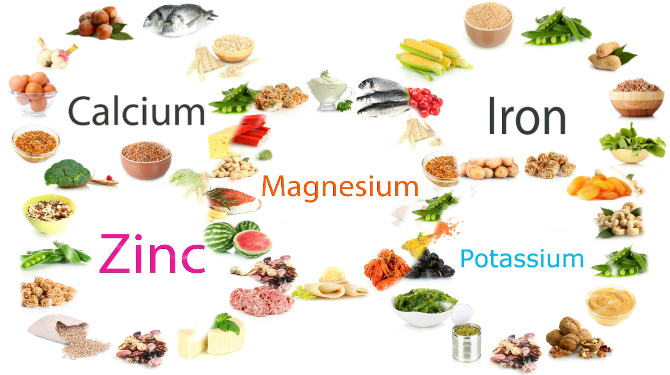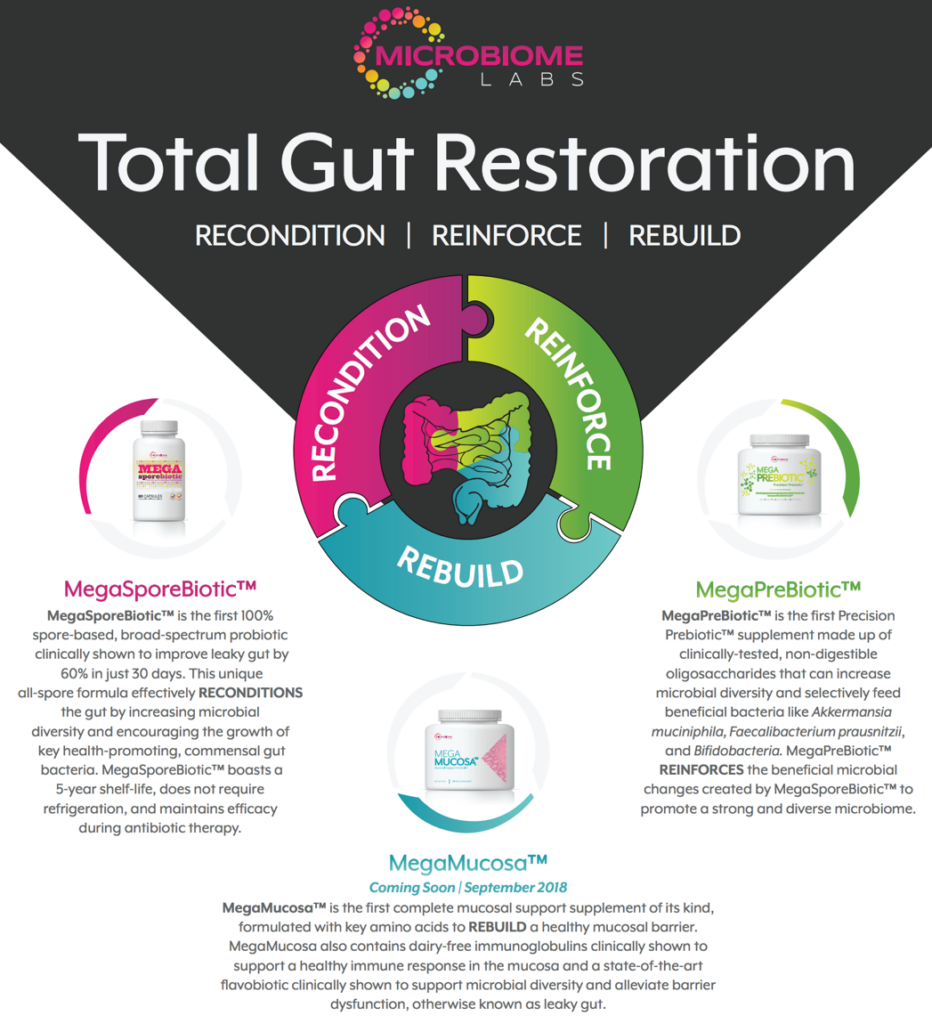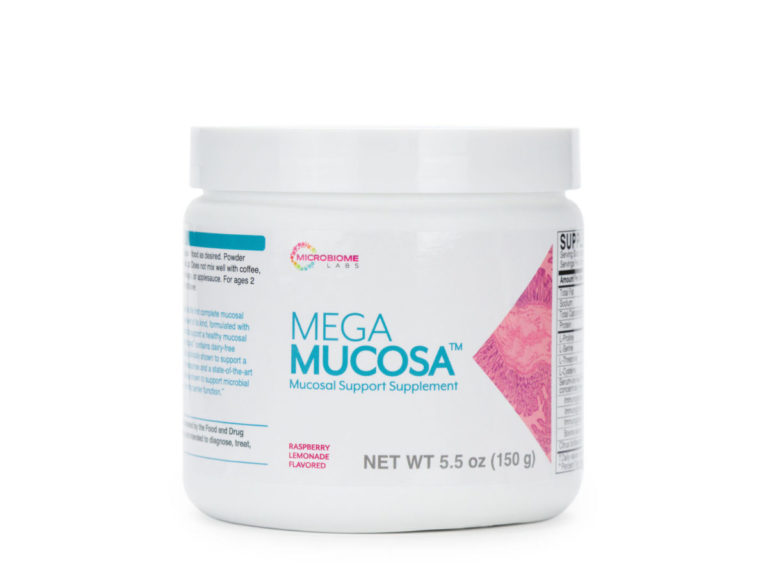Last updated on September 12th, 2022 at 09:37 am
Many people struggle with a fussy gut. Flatulence, food intolerance and Irritable Bowel Syndrome (IBS) are just a few of the ailments of the gut that can usually be improved by making dietary changes. Sometimes the issues are more severe and may require a doctor’s intervention and nutritional supplementation or medication. There are several factors that affect your gut health. Diet, stress, and sleep patterns are the three largest items that can affect gut health.
Your gut mucosa is a key component of good gut health but what are gut mucosa anyway? Simply put gut mucosa form the barrier between the contents of your intestines and the intestinal wall and they are responsible for absorbing nutrients and secreting waste. If they aren’t able to do their job you may experience health symptoms. Today we will discuss a few things that you can do to improve the health of your digestive system and specifically the gut mucosa.
1. Get enough probiotics
Did you know that there are good bacteria and bad bacteria in your digestive system? You need to have a healthy balance between these for your gut to function properly. Probiotics are microorganisms that live in the gut and help to maintain good function and prevent infection by bad bacteria. Probiotics help to eliminate toxins, increase immunity, regulate the body’s metabolism and also help to digest certain nutrients. To find out more about probiotics, take a look at this blog where we spoke of The How, When & Why of Probiotics.
2. Nourish yourself with prebiotics
Prebiotics can be thought of as the fuel that keeps probiotics going. They are nutrients that we cannot digest ourselves which need to be broken down by the bacteria found in the gut. When the bacteria ferment these nutrients they produce short chain fatty acids which can be absorbed by the body and benefit the whole body. Prebiotics also inhibit bad bacteria from growing and maintain the gut mucosa.
3. Boost your immune system

When your gut is unhealthy, your immune system works overtime to restore it. If it does not have adequate support, your immune system can get worn down. So, boosting your immune system also benefits your gut. You can do this by eating immunity-supporting foods like spinach, lemons, oranges, and other citrus fruits and as many types of leafy greens as you can get. Smoothies are a great way to get the leafy greens in while enjoying some fruit and other nutritious ingredients. It is also helpful to supplement with Vitamin B, Zinc, Vitamin D and Selenium.
4. Avoid pro-inflammatory foods
We all have that one meal that we love but it does not love us in return. For many people it is dairy or gluten, but it could be anything else that upsets your stomach after you eat it. What happens when you constantly eat pro-inflammatory foods is that the gut is continuously inflamed. This increases the workload that your immune system has, and your gut has less time to heal itself. When you avoid problematic foods, your digestive system gets time to reboot and can function at its best.
To help reduce inflammation in your gut due to foods you may consider a low FODMAP diet as part of a support regimen to relieve symptoms and promote microbiome healing.
All the above can help to improve your gut health but for complete mucosal support a customer favorite is Mega Mucosa by Microbiome Labs. It is the first of its kind specifically formulated to REBUILD a healthy mucosal barrier and it’s part of the total gut restoration protocol (more on that later but here’s a quick image).

MegaMucosa can be used by people that are lactose intolerant. This supplement contains nondairy Immunoglobulins that support a healthy immune response, neutralize environmental toxins and it supports healthy digestion. It also contains a state-of-the-art flavobiotic that supports microbial diversity in the gut and alleviates gut barrier dysfunction.

MegaMucosa contains four key amino acids that play an important role in the production of intestinal mucosa. These are L-proline; L-serine; L-cysteine and L-threonine.
MegaMucosa contains four key amino acids that play an important role in the production of intestinal mucosa. These are L-proline; L-serine; L-cysteine and L-threonine.
So if you feel like your gut mucosa may need a boost, get yourself some MegaMucosa today!
REFERENCES
- Maintenance of normal intestinal mucosa: function, structure, and adaptation https://gut.bmj.com/content/gutjnl/35/1_Suppl/S1.full.pdf
- MegaMucosa https://microbiomelabs.com/home/products/megamucosa/
- What are probiotics? https://www.webmd.com/digestive-disorders/what-are-probiotics
- How to get more probiotics https://health.harvard.edu/staying-healthy/how-to-get-more-probiotics
NOTHING IN THIS WEBSITE IS INTENDED AS, OR SHOULD BE CONSTRUED AS, MEDICAL ADVICE. ANY HEALTHCARE AND/OR NUTRITIONAL MATERIAL CONTAINED IN THIS WEBSITE IS FOR CONSUMER INFORMATIONAL AND EDUCATIONAL PURPOSES ONLY. SUCH MATERIAL IS NOT INTENDED AS MEDICAL ADVICE FOR CONDITIONS OR TREATMENT, NOR IS IT INTENDED AS A SUBSTITUTE FOR A MEDICAL EXAMINATION BY A HEALTHCARE PROFESSIONAL. CONSUMERS SHOULD CONSULT THEIR OWN HEALTH CARE PROFESSIONALS FOR INDIVIDUAL MEDICAL RECOMMENDATIONS.
- Magnesium Threonate: An Honest Buying Guide for Health Enthusiasts - March 21, 2024
- Magnesium Citrate Vs Glycinate: 5 Key Differences And Benefits - March 14, 2024
- How to Pick the Best Magnesium Glycinate Supplement for You - March 7, 2024




